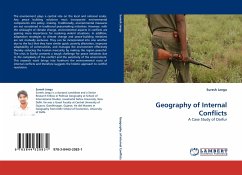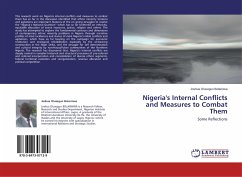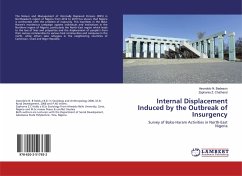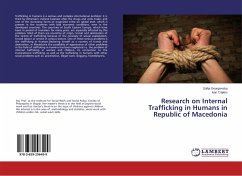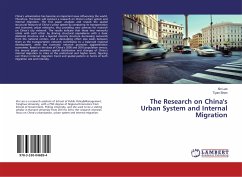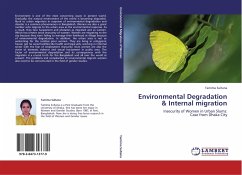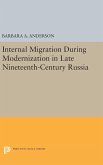The environment plays a central role on the local and national scales. Any peace building solutions must incorporate environmental components into policy- making. Traditionally, environmental measures are not considered in traditional peacemaking initiatives. However, with the onslaught of climate change, environmental aspects in conflicts are gaining more importance for resolving violent situations. In addition, adaptation strategies to climate change and peace-building initiatives are not mutually exclusive. They can be incorporated into one another due to the fact that they have similar goals: poverty alleviation, improves adaptability of communities, and manages the environment effectively thereby reducing the human insecurity by making the region peaceful. The crisis in Darfur presents a tough challenge for peace initiatives due to the complexity of the conflict and the sensitivity of the environment. This research work brings into forefront the environmental roots of internal conflicts and therefore suggests the holistic approach to conflict resolution.
Bitte wählen Sie Ihr Anliegen aus.
Rechnungen
Retourenschein anfordern
Bestellstatus
Storno

